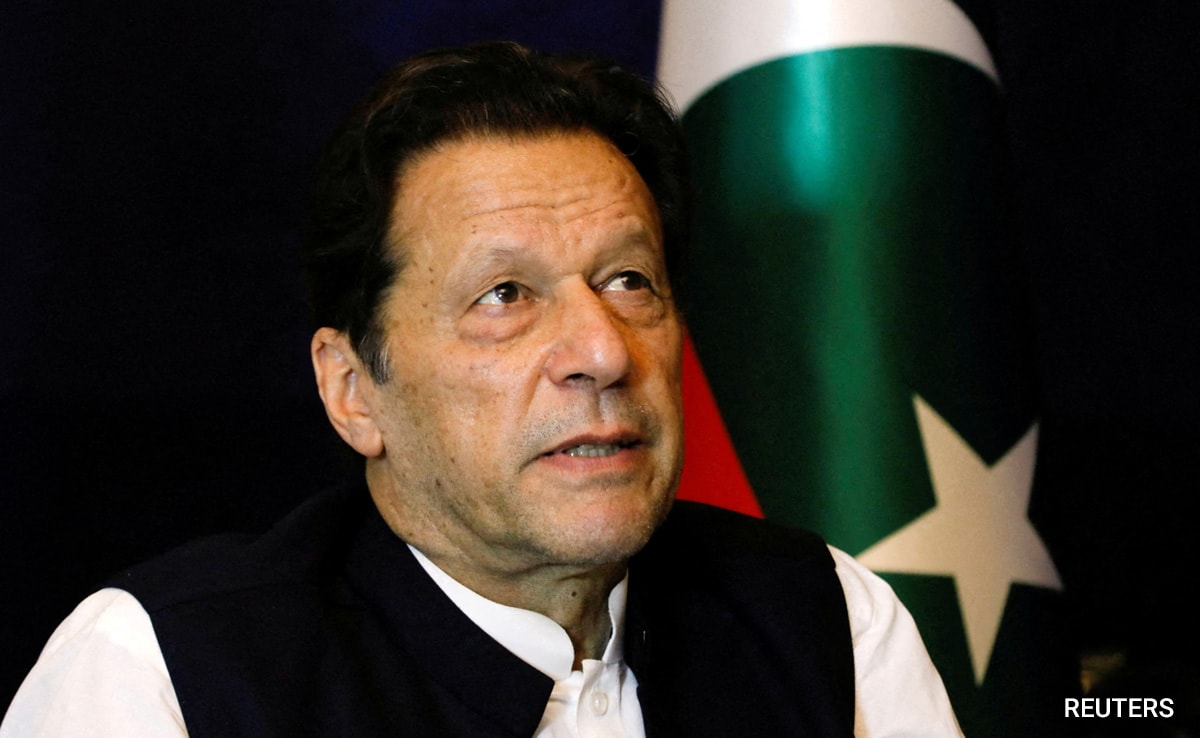A dried lake is seen at Azienda Agricola organic farm following a drought on the Italian island of Sicily, in Caltanissetta, Italy, August 25, 2024.
| Photo Credit: Reuters
The European Union is exaggerating spending on climate-friendly projects, potentially by billions of euros, the bloc’s auditors said on Wednesday, citing examples of countries claiming spending on IT systems and salaries as green.
The 27-country EU has pledged to spend at least 37% of its 700 billion euro COVID-19 recovery fund, comprising loans and grants, on measures to address climate change.
By the EU’s own estimate, countries have exceeded that goal and by February had earmarked 275 billion euros, 42.5% of the funds allocated so far, on investments to help meet green goals.
That figure may be overestimating the EU’s green spending by at least 34.5 billion euros, the auditors said.
The European Court of Auditors’ analysis found EU countries had labelled numerous projects as green despite having only a tenuous link. They included IT systems to digitalise a water supply system. That was rated by Croatia as having a 40% climate contribution, which the auditors said should been 0%.
In another example, Slovakia ranked the salaries of its staff managing the COVID-19 fund as climate-friendly spending, the auditors said.
Others had unclear climate benefits. A Portuguese investment in public transport, tagged as 100% green, did not count the emissions that constructing the project would produce – making it difficult to estimate net savings once completed, the auditors said. Similarly, the impact of a Greek hydropower plant was not assessed for its negative impact on biodiversity.
In response, a European Commission spokesperson said the COVID-19 fund had channelled significant resources into green projects, and it had thoroughly checked countries’ planned spending.
‘Little indication’
The auditors also noted examples of good practice – including a Greek 1.25 billion euro plan to make energy savings in more than 100,000 homes. Other spending labelled as green included renewable energy projects, railways and electric car charging infrastructure.
But overall, the EU’s system of ranking projects’ climate contribution, under which they are given a 0%, 40% or 100% ranking, was not specific enough and was leading to exaggerations, the auditors said.
This method “ultimately provides little indication of how much money goes directly to the green transition,” said Joelle Elvinger, the auditor who led the report.
The Commission said its methodology provided sufficient accuracy, and imposing more granular rules would create complex bureaucracy in future funds.
Published – September 12, 2024 03:50 pm IST











